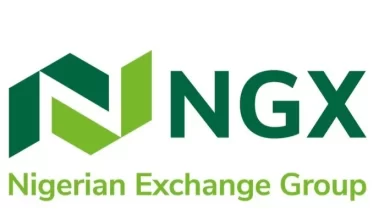Boosting oil exports will improve capital inflow – Ex-NBS boss

Partner and Chief Economist at KPMG Nigeria, Dr Yemi Kale, has said that boosting crude oil exports may increase the inflow of Foreign Capital Importation into Nigeria.
The former statistician-general of the federation said this in a series of tweets on Thursday, while reacting to the decline in capital importation in the fourth quarter of 2022.
He said, “Without quick substantial reforms to reverse this trend, the country may struggle to attract foreign capital for most of 2023 and struggle to keep the exchange rate from depreciating further unless it is able to boost its crude oil exports, which we are still struggling to sell.”
On the factors driving the dip in capital inflow, Kale blamed global tightening, low investor confidence and all in a period of tense political transition.
He attributed the low investor confidence to the country’s ambiguous foreign exchange regime, forex scarcity and volatility, poor ratings, security, high cost of business, weak growth/high inflation, fiscal and monetary issues,
The NBS in its latest data on capital importation to the country said in Q4 2022 that total capital importation into the country declined by 51.51 per cent to $1.06bn from US$2.18bn in the corresponding period in the previous year.
When compared to the preceding quarter, capital importation also fell by 8.53 per cent from US$1.16bn in Q3 2022.
In its flash notes on the NBS data, KPMG added that the unflattering reports from two renowned rating agencies; Moody’s and Standards and Poor’s about Nigeria’s fiscal position had further weakened investor confidence
KPMG also said that beyond the rigidity and lack of clarity in the forex management system, other factors that had discouraged Foreign Direct Investment and capital inflow include “Security challenges, ease of doing business issues, particularly terms of infrastructure deficit, overly stringent policies and bureaucratic bottlenecks for securing permits and a perceived weak legal framework, which made it expensive to do business in Nigeria.
“Finally, investors may also be finding it difficult to make certain investment decisions in a year of political transition, which has remained tense and typically will adopt a wait-and-see approach to investing into the country until new administrations have settled in and they can understand the direction and priorities of the new government. This is amid slower economic growth, suggesting weakened consumer demand, hyperinflation, high-interest rates and more volatile fiscal and monetary conditions.”




